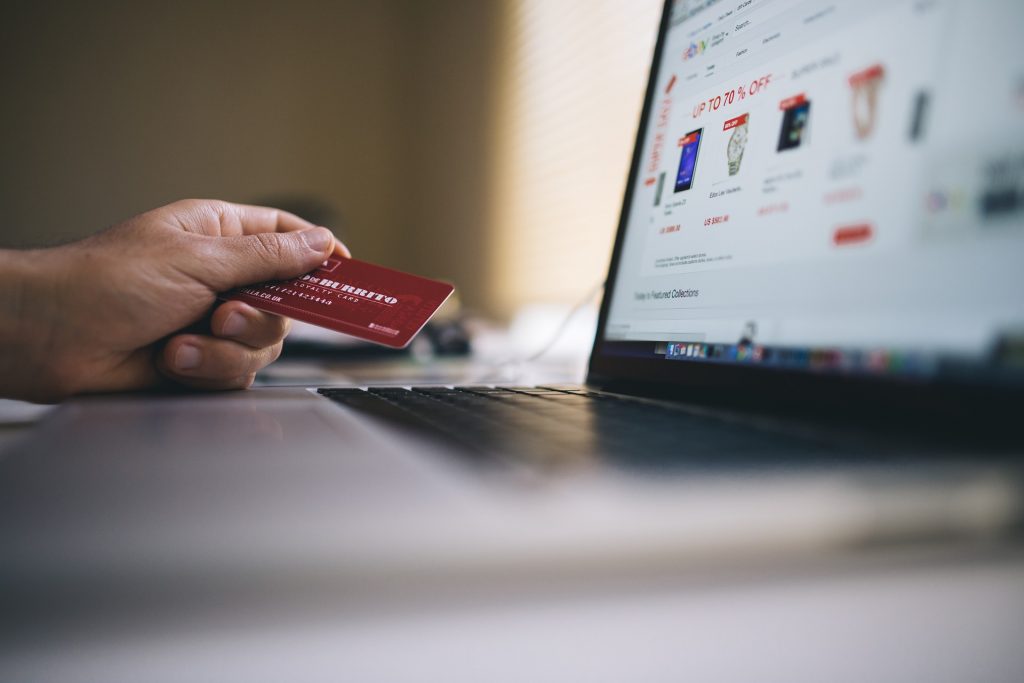“All we need is your credit card details…”: How to detect fraud before it’s too late

In 2016, the UK was subjected to cases of fraud that topped £1bn for the first time since 2011. That’s a 55% year-on-year rise which highlights just how prevalent this form of crime is.
We’re all potential victims of fraud, but the quicker you can identify suspicious behaviour, the greater your chances of mitigating any financial damage.
In this post, we’re going to consider how you might detect instances of fraud and identity-theft at the earlier opportunity and provide insight into what you can do to steer clear of any danger.
Keep an eye on your accounts
Many of us pay our credit card bills each month without so much as a cursory glance at the statement. Similarly, weeks often pass before we have cause to look at our current account transaction list.
However, checking your account activity frequently is extremely good practice, because it’s usually the best way to spot suspicious activity.
If you have children, keep an eye on their accounts, too, and notify the bank immediately if anything looks out of the ordinary.
What are the warning signs of fraud?
Checking your accounts is one thing, but how do you know what to look for? And what other circumstances hint at instances of fraud?
Here are the most common warning signs to keep in mind:
- Email notifications about password, address or information changes you never made
- Unexpected charges on your credit card or current account
- Statements or invoices unexpectedly arriving in the post
- Denial of credit that seems entirely unreasonable
- A credit denial notification that you haven’t applied for
- An unexpected bank account closure or freeze
- Debt collection services contacting you about items you haven’t purchased
Make use of online alerts and services
Thankfully, we’re living in an age where digital notifications are increasingly relied on to stay informed about vital information.
For instance, most banks will automatically notify you if they spot potential instances of fraud on your account, but yours might also offer alert services for certain thresholds (i.e. when your account balance drops below a particular amount or an unusually high transaction takes place).
Credit monitoring services are also highly useful when it comes to staying on top of your personal data and remain one of the quickest ways to find out when someone opens a new account or applies for credit in your name.
If online alerts are available from the service providers who look after your personal data – make use of them!
The three scams to look out for
Although there are now countless forms of cybercrime and identity theft to which we can all fall victim, there are three types of scam that should be foremost in your mind:
- Requests for your money
– A friend issues an urgent request for money via email or social media
– You’re informed that you’re entitled to a long-lost relative’s inheritance
– You’re asked to pay in advance for admin fees relating to a significant prize - Dodgy buyers or sellers
– When selling something significant online (e.g. a car), you’re asked to transfer funds via mail or money order
– A buyer overpays you by cheque and asks you to refund the difference (surprise, surprise – their cheque bounces later)
– Refusal to meet in person or talk over the phone
– Insistence that a meet should be carried out in a remote location - The ‘too good to be true’ stuff
– You don’t remember buying a lottery ticket, despite being informed that you’ve won big
– Big-label sunglasses or other items advertised on social media at drastically cut prices
– A promise that you’ll receive a massive sum of money if you transfer funds internationally
– An offer to overpay for something you’re selling
Final thought
It pays to do your homework when it comes to spotting signs of fraud and identity theft.
This all takes time, and the checks you’ll need to make regularly might feel burdensome, but if you can stay one step ahead of the people who will do anything to obtain your personal data, the less likely you’ll be to inadvertently give it away.
